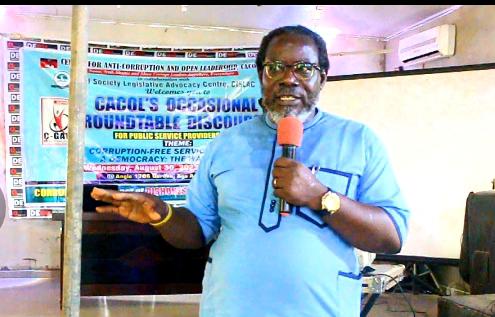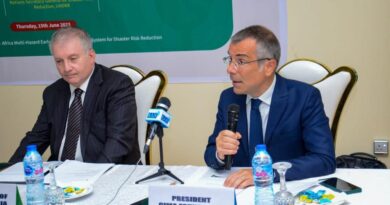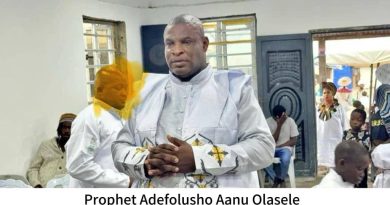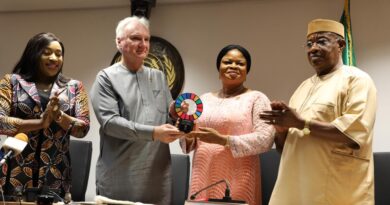How To Achieve Corruption- Free Service Delivery In A Democracy– CACOL
The Centre for Anti-Corruption and Open Leadership, CACOL has taken its anti-corruption campaign to the public service providers n Ado-Odo/Ota Local Government Area of Ogun state, with the aim of curbing corruption in Nigeria’s political processes, by having a roundtable discourse that cut across the diverse services at Angle 1706 Garden, Sango-Ota, Ogun State.
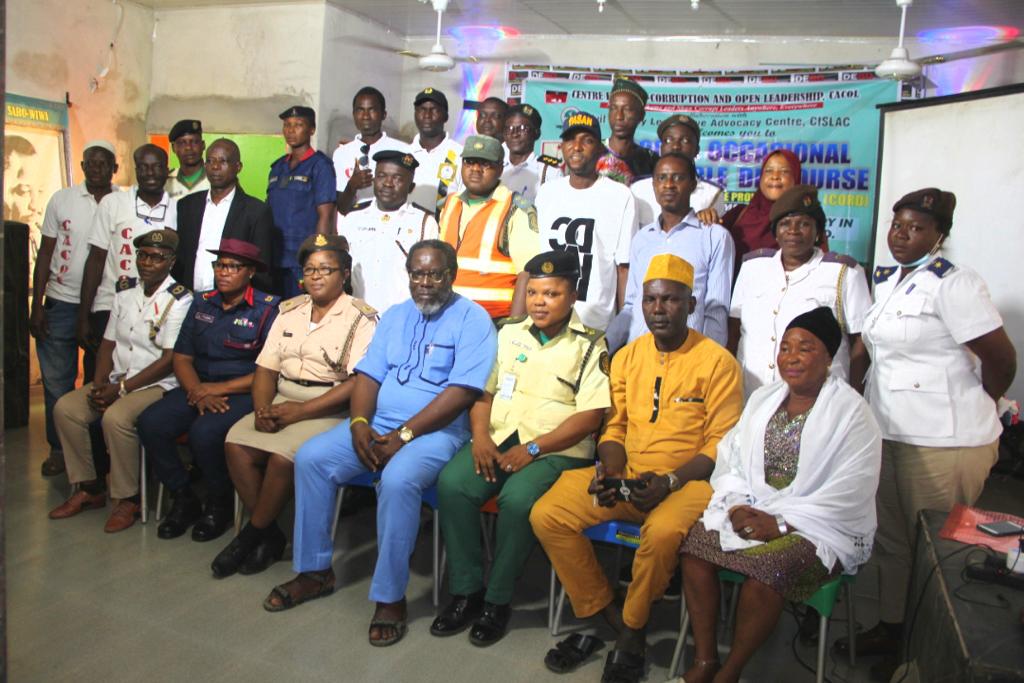
In a release issued by its Director (Administration and Programmes), on behalf of the Chairman of the Centre, Debo Adeniran, he stated, “the inaugural CACOL Occasional Roundtable Discourse, (CORD) for duty bearers at Ado-Odo/Ota Local Government Area of Ogun State was organized to facilitate better understanding between them and the end users of their services thereby improving the relationship between them and the end users on one hand and the quality of their services on the other”.
The theme of the inaugural Roundtable is ‘Corruption-free Service Delivery in A Democracy: The way forward’.
Those present at the roundtable discourse are representatives from notable government agencies like; Nigeria Immigration Service (NIS), Vehicle Inspection Service (VIS), Nigeria Security and Civil Defense Corps (NSCDC), Public Complaints Commission, Local Government Education Authority, Independent National Electoral Commission (INEC), Federal Inland Revenue Service (FIRS), Traffic Compliance and Enforcement Corps (TRACE), Waste and Environmental Sanitation Service, Media representatives and some members of the public.
Mr. Adeniran said the programme is aimed at sensitizing the government agencies and the society on what efficient public service delivery and corruption is all about and the negative effects of it on our society.
He explained in details the terms public service, civil service and public service delivery.
He added that the concept of public service delivery presupposes that, in public service, there is contractual relationship between the customer (the public) and the service provider (government agency) which obliges the latter to render service to the former in most satisfactory way, be it in terms of utility, quality, convenience, timelines, cost, courtesy, communication or otherwise.
He also defined corruption as any act of dishonesty and explained the hierarchy of corruption which includes Grand and Petty Corruption, Kleptomaniac or Saddistic Corruption, Gluttonic or Social Corruption, Attitudinal or Reactive Corruption, Economic or Incidental Corruption, Moral Corruption, Pseudo Corruption and True Corruption.
He went further to describe the effects of Corruption on the society which includes:
• it leads to low standard of living for the populace,
• creates the condition for political instability,
• leads to elimination of the middle class as a buffer zone within any given society, stagnates development and growth as resources are seen as an extension of the private ‘bank accounts’ of public officials, adversely affects capacity to provide much-needed infrastructural facilities, and • reduces any chance of increasing human capital investment with the increasing number of barriers from public provisions that decrease the ability to do business.
He urged the public officials to stop making things difficult for the citizens who want to abide by the law and regulations of the country saying “if you make the right things difficult, you will make doing the wrong things inevitable”.
The representatives of the various agencies of government represented at the discourse narrated how they have been negatively affected by the influence of members of the public who oftentimes prevented them from carrying out their responsibilities, even attempt to compromise their ethical guidelines. It was unanimously agreed by participants at the discourse that:
• Corruption is a malaise that is setting the country backwards.
• There is need to take anti-corruption campaign to all the headquarters of the service agencies.
• The agency of government responsible for rehabilitating our roads should do more in fixing the roads to prevent road users from violating traffic laws.
• Members of the public should try as much as possible to support and cooperate with public officials while discharging their duties.
• Members of the public sometimes encourage and condone corrupt practices by preventing law enforcement officers from apprehending those who have violated the laid down laws.
The Session submitted that “as conscience of the nation, the civil society (of which the Media is an integral part) cannot and must not vacate the fight for eliminating the scary ogre of corruption from our social space or at least, reduce it to the barest minimum.

